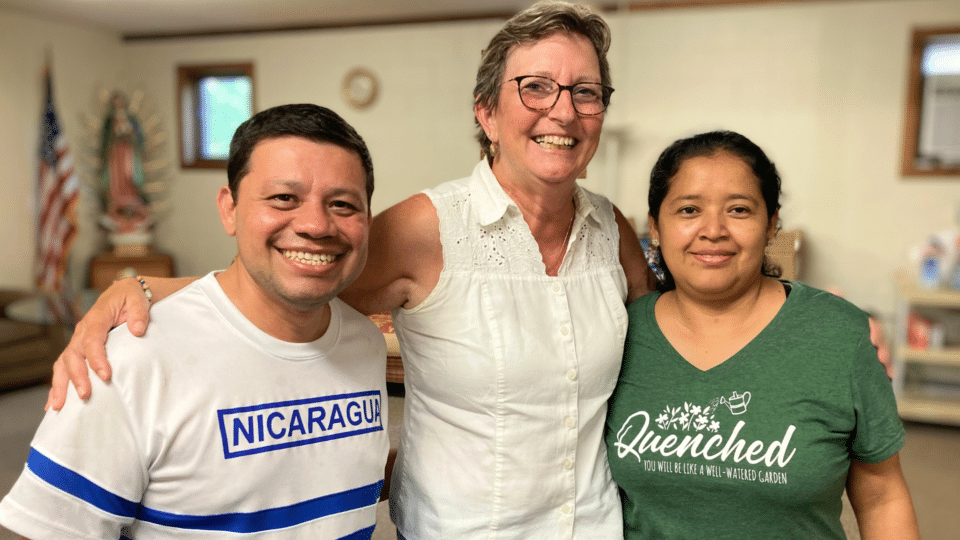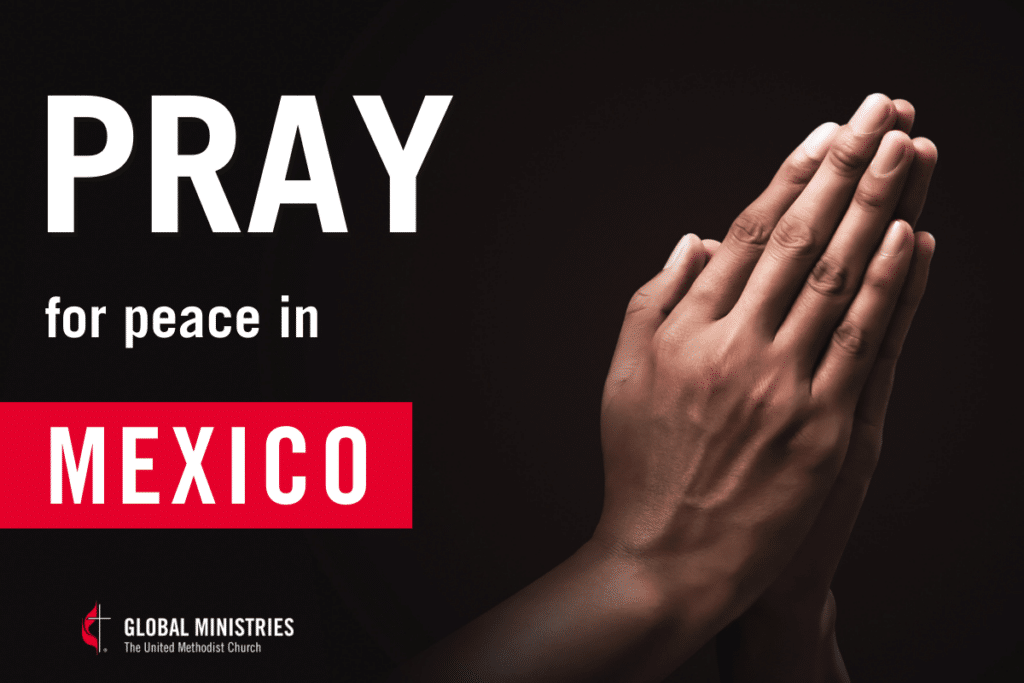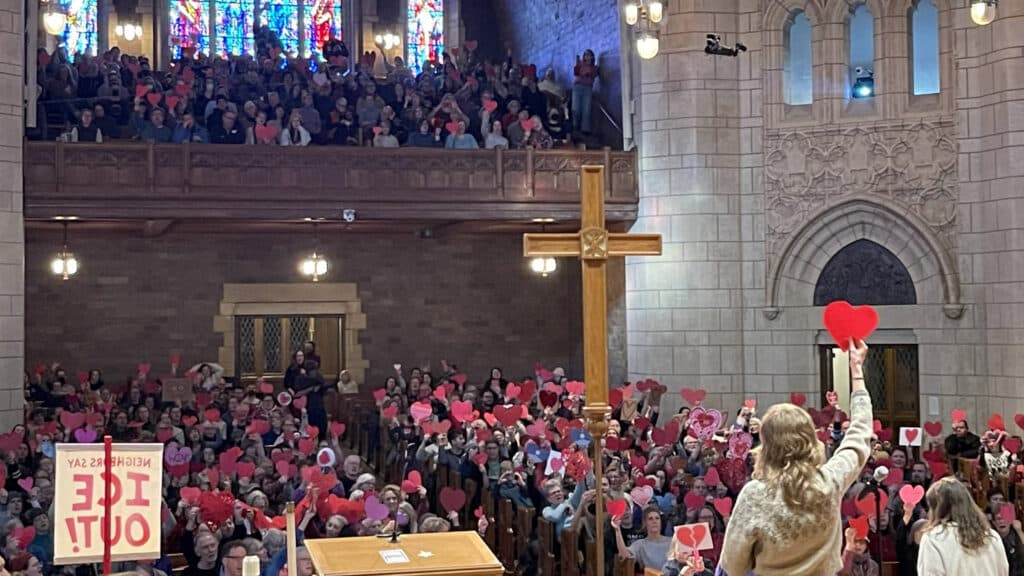By Elliott Wright
March 26, 2021 | ATLANTA
“Do our programs and practices share the love of God in this age?”
This question was at the heart of an address exploring faithful service to God in what was described as a “new mission age” by The United Methodist Church’s chief mission executive.
Roland Fernandes, general secretary of Global Ministries and the United Methodist Committee on Relief (UMCOR), outlined mission challenges and tensions facing the 202-year-old agency and the denomination as a whole in his semi-annual report to directors, meeting in virtual session on March 24.
Fernandes named four illustrative markers of the new mission age: the COVID-19 pandemic, uncertainty over The United Methodist Church’s organizational future, rampant racism in church and society and climate/environmental issues.
“We are in a new mission age,” Fernandes declared. “And because we are in a new place in our history, we must boldly evaluate our ways and means under the critical oversight of the Holy Spirit as represented by Scripture and our Wesleyan heritage. In other words, we must confront the question: ‘Do our programs and practices share the love of God in this age?’”
Fernandes’ topic, “Serving Faithfully Amid the Tensions,” is the subtitle of a new book, “Methodist Mission at 200.” Fernandes described this as a picture of “where we are in our mission journey after 200 years of work.” The book is edited by Thomas Kemper, former general secretary, and David Scott, mission theologian. Mission, Fernandes said, must be ‘faithful to God, to Jesus Christ, to the Gospel, to the commandment to love God and neighbor and to share the Good News in all the land.”
Fernandes outlined an initiative to inventory and evaluate agency programs and practices to determine whether they share God’s love in this new mission age. The process of the inventory and description will take place over several months and the agency’s directors will have a major role in prioritizing the ongoing programs and the strategies supporting them. One objective is to organize the work so that program determines structure rather than the traditional pattern of structure determining program.
The program inventory is part of an effort to “sharpen the focus” of Global Ministries and UMCOR in a time when a combination of forces, such as COVID-19 and the possibility of United Methodist schism, are negatively impacting income and mission energy. But sharpened focus, Fernandes said, does not mean timid action or the end to new, even risk-taking efforts in funding.
In the address, Fernandes proposed four new allocations that were not in the 2021 budget but are needed. “I think the consistent biblical message is that faith helps us in the midst of fear to take risks for the sake of God’s work in the world,” Fernandes said. The four, approved by directors during this meeting, will fund an agriculture initiative in Africa named for the late Bishop John K. Yambasu, environmental sustainability, global health and refugee/asylum ministry in the United States. The total new allocation is $5 million, to be met by undesignated funds and bequests from Global Ministries and UMCOR.
Fernandes was assisted in the presentation by contributions by a half dozen staff or consultants. The full address and comments of the other speakers can be accessed here.




